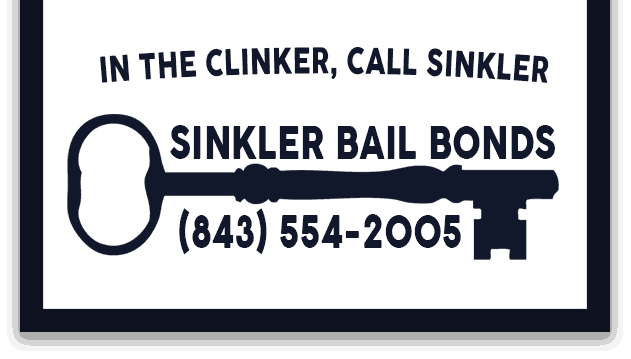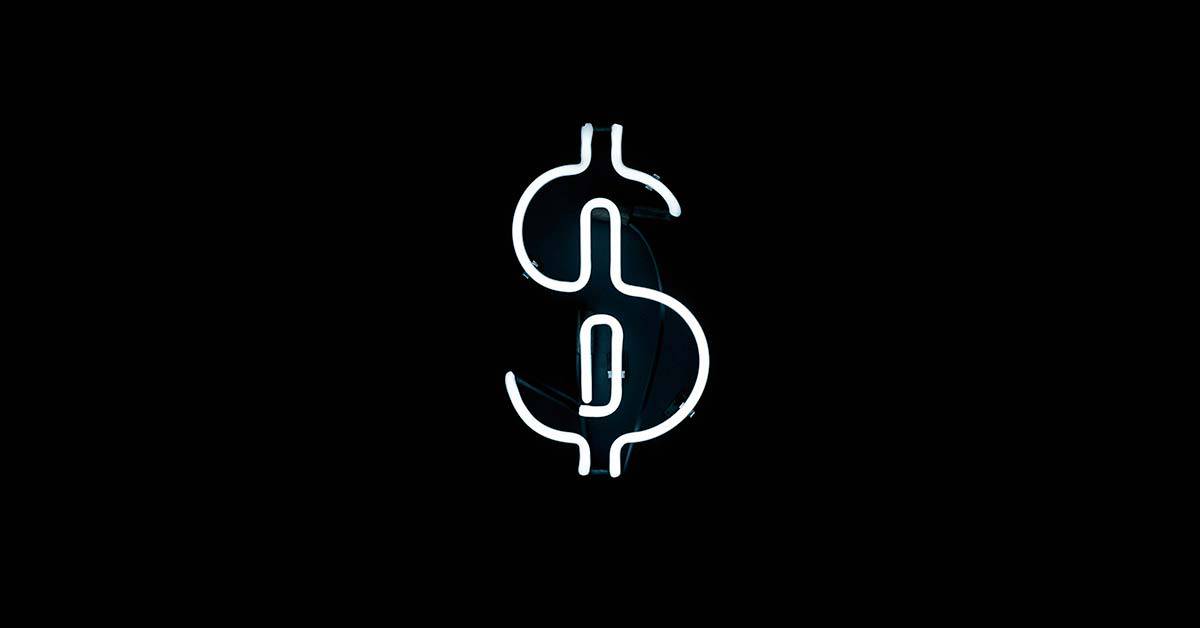24-Hour Bail Bonds – Anytime, Any Jail – Serving all of SC
Call us now at (843) 554-2005
24-Hour Bail Bonds – Anytime, Any Jail – Serving all of SC
Call us now at (843) 554-2005
CHARLESTON | COLUMBIA | AIKEN | NEWBERRY | GREENVILLE
CHARLESTON | COLUMBIA | AIKEN | NEWBERRY | GREENVILLE

Paying Bail For Someone: What Are Your Options?

If a friend or family member was recently arrested you might be wondering how you can get them out of jail. It’s likely you’ve heard the terms bail and bond before so you might already be making plans to bail them out.
But what does bailing someone out of jail mean? What are your options?
In this article we’ll cover the different options you have for paying bail for someone.
Hurry up and wait: Setting the bail amount
If the person in jail (defendant) was recently arrested you might have to wait for the preliminary bail hearing to take place. This is when the judge officially charges the defendant with a crime and sets a bail amount. This process is also commonly called a bond hearing or an arraignment.
The judge determines this bail amount on a case-by-case basis. The bail amount ensures that the defendant shows up for all of their court dates. Some charges (example: DUI) often have standard bail rates. There are also rare cases where the judge determines that the defendant is not eligible for bail. This means the defendant must stay in jail until their court date.
The preliminary bail hearing normally takes place within 48 to 72 hours of the arrest. In reality it often happens much faster than that though. If the defendant was arrested during the weekend the earliest the judge can set their bail is Monday.
To find out whether bail has been set you can:
- Locate the defendant and call the jail where they are being held
- Contact the defendant’s lawyer
Occasionally you can pre-pay bail based on a pre-determined bail schedule.
Paying bail: What are your options?
Once the bail has been set some needs to pay the bail to release the defendant. This is also known as posting bail. When you are paying bail for someone else you have a few options:
Option 1: Paying the court the full bail amount in cash
If you have the cash available to cover the full bail amount you can pay that amount at the courthouse. Afterwards the defendant will begin the release process.
It is important to note that if the defendant shows up for their court date then the court returns the entire bail amount. If the defendant does NOT show up for their court date then you lose the entire bail amount. By posting the full bail amount you are taking on the risk that the defendant will not show up to court.
Option 2: Posting bail with personal collateral
If you don’t have the cash available to pay the full bail amount then you may be able to post bail by using valuable personal property. The court accepts many types of property as collateral. Some common examples are your house, car, or other valuables like jewelry.
In this situation you are still assuming the risk that the defendant will not show up to court. If you use your car as collateral and they don’t show up for court you will need to give up your car.
The general rule when using personal assets as collateral is that their value should cover 150% of the bail amount.
Option 3: Hiring a bail bondsman
The third option you have is to hire a bail bondsman. A bail bondsman will post the bail amount for you after you pay them a bail premium. This premium is typically 10% of the total bail amount and is non-refundable.
To qualify for a bail bond you may need to post collateral in addition to the bail premium. What’s the difference between using collateral directly with the court and with a bail bondsman? The bonding agent requires much less collateral to issue you the loan.
Besides costing you less out of pocket all bail bondsmen are knowledgeable about the bail process in your area. If you are thinking about calling a bail bondsman it’s a good idea to familiarize yourself with the bail bonds process before you call.
Conclusion: When paying bail for someone you’ve got options
The first step when you need to take when paying bail for someone is often to check and see if bail has been set. If it has not been set then you’ll have to sit tight until the arraignment takes place.
After bail has been set you have three options. You can pay cash yourself for the full bond amount. You can use personal assets as collateral with the court. You can also hire a bail bondsman to post bail for you.
Each of these options has different costs and levels of risk. Posting bail yourself can save you the 10% bail premium paid to a bail bondsman. It also means you risk losing the entire bail amount. It’s up to you to determine the best option for paying bail for someone and getting them out of jail.
If you have any questions you can contact us 24-hours a day.

